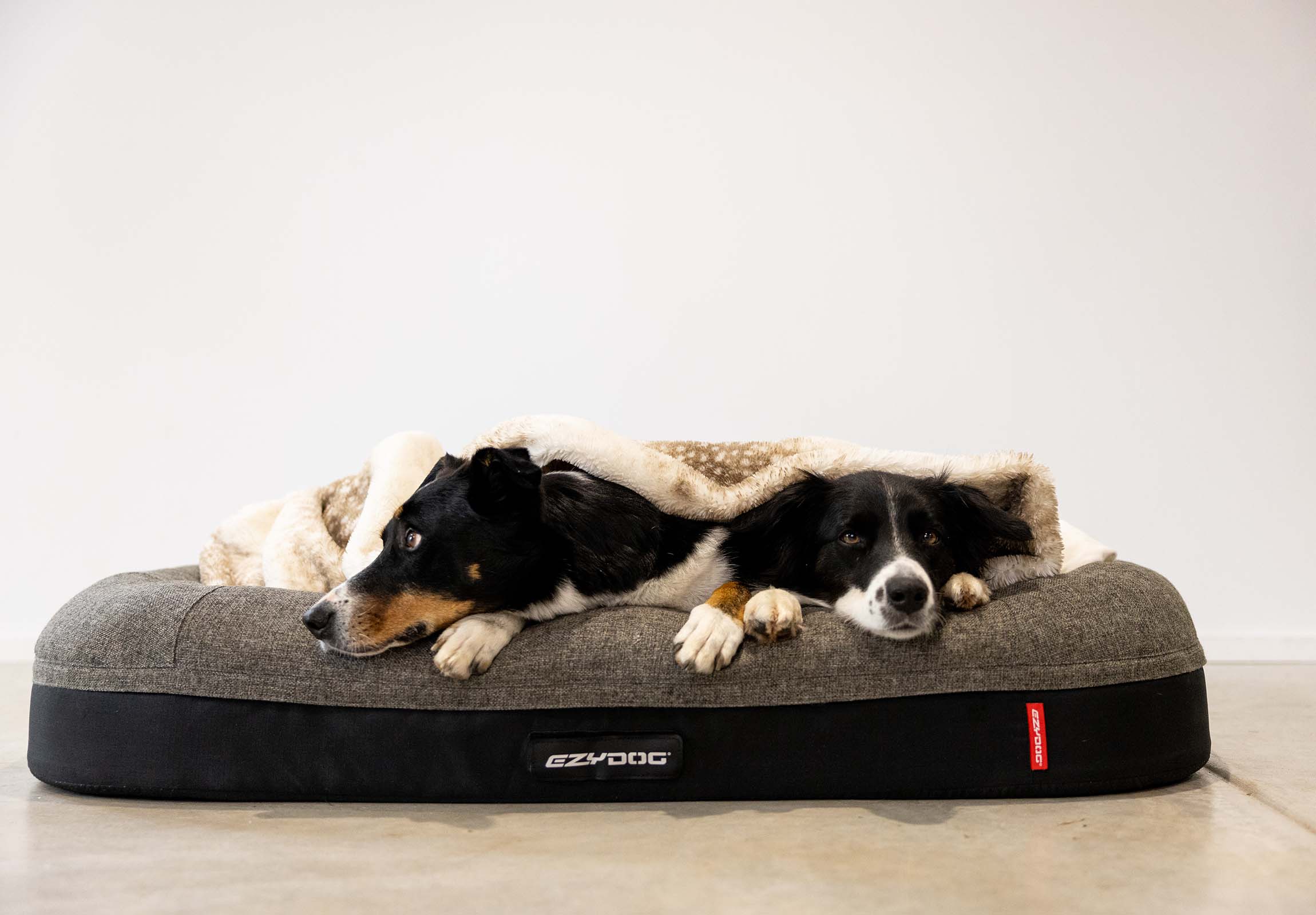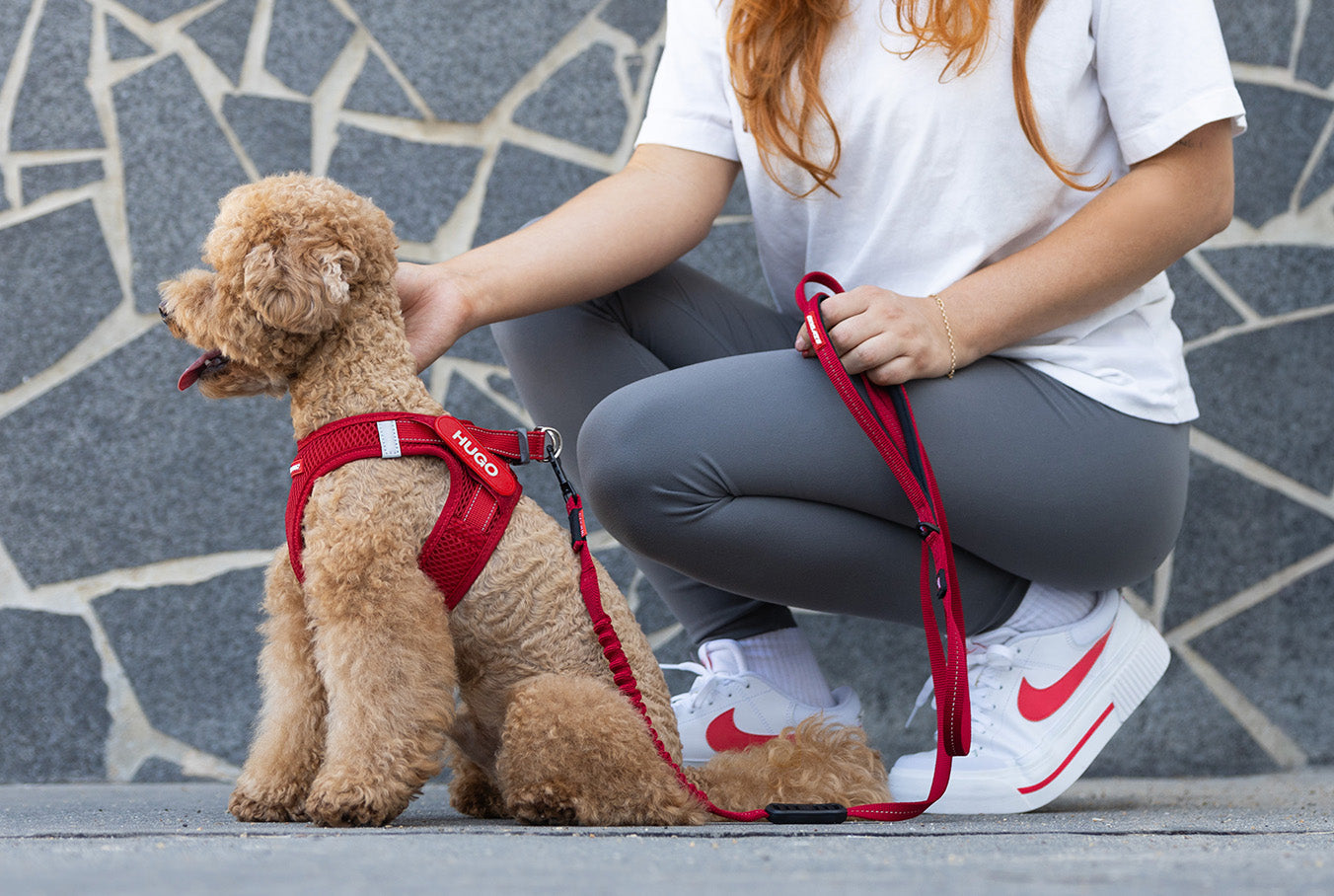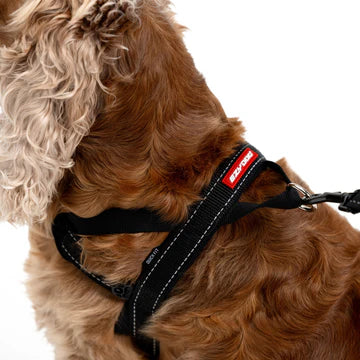
How Long Do Dogs Sleep? Well-Researched & Vet-Approved
When it comes to sleep, dogs have their own unique patterns that can sometimes leave owners scratching their heads. How long do dogs sleep, and what does it mean for their health and happiness? Understanding your dog's sleep needs is essential for their overall well-being.
In this guide, we’ll explore how long dogs sleep on average, the factors influencing their sleep, and practical tips to ensure your furry friend gets the rest they deserve.

Factors Influencing Dog Sleep
Just like humans, dogs have varying sleep needs depending on several key factors, including age, breed, and activity level. Let's break down these factors to help you understand your dog’s unique sleep pattern.
1. Age
Puppies, adult dogs, and senior dogs all have different sleep requirements.
-
Puppies need a lot of rest—often up to 18-20 hours a day. This is because they’re growing rapidly and need sleep to support their development.
-
Adult dogs typically need between 12-14 hours of sleep per day, which includes both nocturnal sleep and daytime naps. If you notice your adult dog sleeping significantly more than this, it might be worth checking with your vet to rule out any underlying health issues.
- Senior dogs may sleep more than their younger counterparts, sometimes up to 16-18 hours a day. As dogs age, they often become less active and require more rest to recuperate. Providing them with a supportive and comfortable sleeping environment, such as the EzyDog Orthopedic Beds, can help alleviate joint pain and ensure a restful sleep.
2. Breed
Certain breeds are naturally more inclined to sleep longer. Large breeds like Mastiffs and Saint Bernards are known to enjoy their nap time, sometimes sleeping up to 18 hours a day. On the other hand, smaller, more active breeds like Terriers may need less sleep but still enjoy multiple naps throughout the day.
Breeds with higher energy levels, such as Border Collies or Jack Russells, may also need more mental and physical stimulation to help them relax and sleep well.
3. Activity Level
The more active a dog is, the more sleep they may need to recover. Dogs with high energy levels, such as working dogs or those that participate in activities like agility or long-distance running, require ample rest to recharge.
Incorporating daily exercise, mental stimulation, and a relaxing sleep environment, like the EzyDog Next Gen Ortho Lounger Bed, which provides a cooling, non-restrictive space for stretching out—can help maintain a balanced routine.
By understanding these factors, you can better cater to your dog’s unique sleep needs and create a conducive environment for quality rest.
Dog Sleeping Patterns: Breakdown by Age, Breed, and Activity Level.
To help you better understand your dog's sleep patterns, we've broken down the most important insights by age, breed, and activity level.
|
Category |
Average Sleep Time |
Details |
|
Puppies |
18-20 hours/day |
Puppies need a lot of sleep to support growth and development. Their sleep includes both nocturnal sleep and frequent daytime naps. |
|
Adult Dogs |
12-14 hours/day |
Adult dogs balance sleep between night and daytime naps. Excessive sleep may indicate health concerns or lack of stimulation. |
|
Senior Dogs |
16-18 hours/day |
As dogs age, they require more sleep due to reduced activity levels. Ensure they have a comfortable bed to support joint health. |
|
Large Breeds |
16-18 hours/day |
Breeds like Mastiffs, Saint Bernards, and Great Danes sleep longer, often needing more rest due to their size and lower energy levels. |
|
Small Breeds |
12-14 hours/day |
More active small breeds, like Terriers, tend to need less sleep but still enjoy multiple naps throughout the day. |
|
High-Energy Breeds |
10-12 hours/day |
Breeds like Border Collies and Jack Russells may need less sleep but require more mental and physical stimulation. They need structured rest after activity. |
|
Working Dogs |
12-16 hours/day |
Dogs involved in activities like agility or herding require sufficient rest to recover from intense physical exertion. |
|
Inactive Dogs |
14-16 hours/day |
Dogs with low activity levels or health issues may sleep more. However, excessive sleep in adult dogs should be monitored for potential underlying issues. |
How Long Do Dogs Sleep at Night?
While dogs do sleep at night, they don’t always have the same sleep pattern as humans. Most dogs will sleep around 8-10 hours at night, depending on their daily activity level and overall routine.
Unlike humans, who typically have a single long sleep period, dogs sleep in shorter cycles. This means they may wake up occasionally during the night, especially if they hear noises or feel restless.
Dogs also tend to nap during the day to make up for any lost rest, which is why their total daily sleep time can be much higher than just their nighttime slumber. For senior dogs, a high-quality sleep environment is essential to maximize the restful periods they do get.
Beds like the EzyDog 2 in 1 Ortho Calm Elite Bed are designed specifically to provide the calming, orthopedic support older dogs need to sleep through the night comfortably.
How to Tell If Your Dog Is Sleeping Too Much or Too Little
Understanding what constitutes "normal" sleep for dogs can help you identify any potential issues early on. Here are some signs to watch for:
-
Signs Your Dog Is Sleeping Too Much:
- If your dog seems to be sleeping significantly more than the typical range (over 18 hours a day for adult dogs), it could be a sign of boredom, a lack of physical activity, or an underlying health condition such as hypothyroidism or arthritis. Senior dogs may also sleep more, but if you notice sudden changes in their sleep patterns, it's best to consult your vet.
- Excessive sleepiness accompanied by other symptoms like lethargy, weight gain, or disinterest in usual activities may indicate that your dog is not feeling well.
-
Signs Your Dog Is Not Sleeping Enough:
- If your dog is restless at night, has difficulty settling down, or wakes up frequently, they may not be getting enough quality sleep. This could be due to environmental factors, anxiety, or even discomfort from their sleeping arrangement. Providing a supportive bed, like the EzyDog 2 in 1 Ortho Smart Bed, can help alleviate discomfort and promote better sleep.
- Behavioral changes such as irritability, increased barking, or destructive behavior can also be signs that your dog is not sleeping enough.
If you notice any of these signs, consider consulting your veterinarian to rule out any health issues and explore ways to improve your dog's sleep quality.
Practical Tips for Improving Dog Sleep Quality
Here are some practical tips to help ensure your dog gets the best possible sleep:
- Create a Comfortable Sleeping Area: Invest in a bed that supports your dog's specific needs. For example, the EzyDog 2 in 1 Ortho Smart Bed offers a versatile option with cooling memory foam, perfect for dogs that need extra joint support. The Next Gen Ortho Lounger Bed is ideal for dogs that love to stretch out, providing a cooling and comfortable space, while the Ortho Calm Elite Bed offers calming properties for anxious or older dogs.
- Maintain a Routine: Dogs thrive on routine. Establish a regular schedule for meals, walks, playtime, and bedtime to help your dog know what to expect throughout the day. Consistent routines can reduce anxiety and promote better sleep.
- Provide Mental and Physical Stimulation: Engage your dog in regular exercise and mental stimulation activities. A tired dog is a happy dog—and one that sleeps soundly! Games like fetch, puzzle toys, or obedience training can help keep your dog's mind sharp and body tired, leading to deeper sleep.
- Create a Calm Environment: Minimize disruptions by keeping the sleep area quiet and dark. Consider using calming accessories like weighted blankets or noise machines if your dog is sensitive to sounds or changes in light.
- Monitor Diet and Health: Ensure your dog’s diet is balanced and meets their nutritional needs. Health issues such as obesity, arthritis, or anxiety can affect sleep, so regular vet check-ups are essential to maintaining good health and sleep patterns.
Frequently Asked Questions
-
How long do dogs sleep during the day?
Dogs generally nap for about 3-4 hours during the day, spread out over several short periods. Younger puppies and older dogs may nap more frequently due to their specific energy levels and needs. -
How long do dogs sleep for on average?
On average, dogs sleep between 12-14 hours a day. However, this can vary depending on factors like age, breed, and activity level. It's essential to observe your dog's behavior and adjust their routine as needed to ensure they get adequate rest.
Conclusion
Understanding your dog's sleep patterns is key to ensuring their overall health and happiness. Whether your dog is an energetic puppy, a lively adult, or a relaxed senior, ensuring they have a comfortable place to sleep can make all the difference.
Explore EzyDog's range of comfortable dog beds to find the perfect match for your furry friend's needs. After all, a well-rested dog is a happy dog!




Leave a comment
This site is protected by hCaptcha and the hCaptcha Privacy Policy and Terms of Service apply.